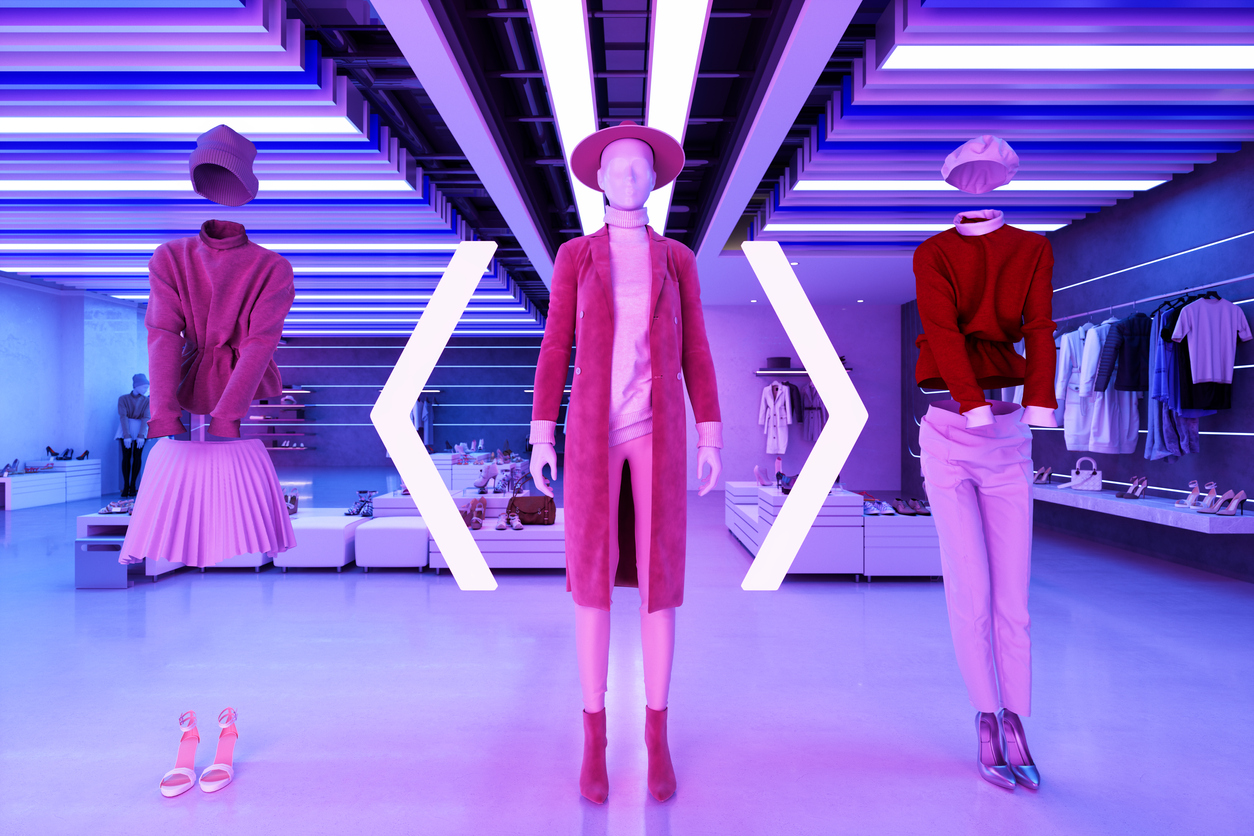A Gen Zer’s view of the future of social media and the metaverse
From the front lines of culture, here’s what young people make of the metaverse.

In the world of social media, it can be hard to understand what each generation feels is new and exciting. Millennials and Gen-Z certainly dictate the pop culture market, deciding what is cool and popular. The latest app gaining steam is called BeReal, which is designed for users to take photos of their surroundings for a two-minute time period each day (and which PR Daily took a deeper dive into here). BeReal has nearly 3 million daily users, and all across my college campus, my friends discuss their recent and favorite BeReal moments. Trendy apps like this present a great opportunity for communications professionals to work with their clients to find innovative and nontraditional ways to tell their stories.
Another potential golden opportunity in social media is the metaverse. You’ve heard of it, but what, you may ask, exactly is it? The term was originally coined by author Neal Stephenson in his 1992 novel “Snow Crash,” but there’s no agreed-upon definition. Wired magazine suggests “mentally replacing the phrase ‘the metaverse’ in a sentence with ‘cyberspace.’ Ninety percent of the time the meaning won’t substantially change.”
While only two in every five Americans are familiar with the term its potential should definitely be on communications professionals’ radar as an important resource. Many PR agencies are adding the metaverse to their list of services or in some cases focusing on it completely, and companies are continuing to monetize their products.
The possibilities are literally endless. Imagine being able to enter a virtual store where your avatar can try on a shirt showing you how you’d look in it. If you like it enough, it can be delivered within a number of days. Major companies will also be able to create exciting new ways for you to experience their product. Picture the NFL flashing an ad for “Sunday Night Football” across a billboard in your virtual world. Selecting the ad, the user is instantly transported to a first-person view from inside the stadium. Companies will be able to engage with their customers in new and exciting ways that will have them loving the ads, rather than turning a blind eye.
These new platforms open up new and exciting ideas for the future, but we can’t ignore the potential negative outcomes. We all know that it only takes one moment on social media to ruin one’s reputation. So before we get too high on the future, let’s be sure to address the present issues. Recently, my TikTok feed has given me more and more concerns about the public image of major companies. For example, I came across a video that showed a woman detailing her frustrations with a well-known airline. She described her entire negative experience for the world to see, and the view total climbed into the hundreds of thousands.
In the past, frustrated customers would make their complaints known with a long paragraph, usually on Facebook. Occasionally, organizations responded to improve relationships with those customers, but as I read angry messages, I always wonder how bad it really was. When customers can use visual communication (facial expressions, gestures, etc.), the complaint has more dynamic and immediate potential for catastrophic consequences. Companies increasingly have to worry about the public receiving visual proof of negative interactions, and all it takes is the push of a button for a customer to create a viral moment of bad PR.
The world’s smartest minds tell us that it can be harmful to view the world through the lens of social media, but it’s crucial to remember that the like button can be a powerful tool when audiences are viewing and judging your messages and honesty. Staying up to date on social media trends allows organizations to keep up with, and even get ahead of, new trends and opportunities to help clients succeed, and that of course is the ultimate goal.
Alex Brophy is a rising junior at Purdue University majoring in public relations and strategic communications with a minor in history. In the fall, Alex will join Boiler Communication, a student-run firm at Purdue. He is also heavily involved in Purdue’s athletic department where he does play-by-play broadcasting for Big Ten Plus (Big Ten Network’s streaming service).







Hi Alex,
Thanks for above article. The way young generation is adopting the technology, we will see all these tech firms like meta, google will be under pressure to stay ahead in race. Metaverse is yet to reach masses, but still companies all over the world are gearing up for their virtual presence. It will change the face of today’s social media .
Thanks